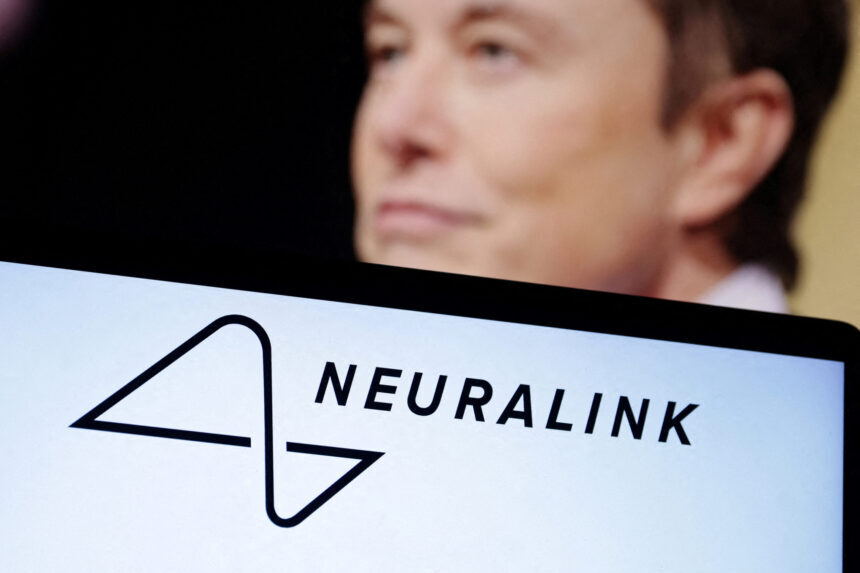Neuralink’s first inhuman brain implant has experienced a problem

10.05.2024
Neuralink, Elon Musk’s startup, revealed that a portion of its brain implant malfunctioned after it was inserted into a human patient for the first time.
Neuralink has developed a brain-computer interface, or BCI, which could potentially assist patients with paralysis in controlling external technology solely through their thoughts. Known as the Link, the company’s system records neural signals using 1,024 electrodes distributed across 64 threads thinner than a human hair, as per its website.
In January, Neuralink implanted the device into a 29-year-old patient named Noland Arbaugh as part of a safety study. A live video stream featuring Arbaugh using the BCI was broadcast in March, with Neuralink later stating in an April blog post that the surgery had been “extremely successful.”
However, in the following weeks, Neuralink acknowledged in a blog post on Wednesday that several threads had retracted from Arbaugh’s brain. This resulted in fewer functional electrodes, impeding the company’s ability to gauge the speed and accuracy of the Link.
Neuralink did not specify the number of threads that retracted from the tissue. The company did not immediately respond to CNBC’s request for comment.
As a workaround, Neuralink stated that it had adjusted the recording algorithm, improved the user interface, and endeavored to enhance techniques for translating signals into cursor movements. Although Neuralink reportedly considered removing the implant, the issue has not directly jeopardized Arbaugh’s safety, according to The Wall Street Journal, which first reported the problem. Neuralink shared its blog post after the Journal inquired about the matter, as per the report.
Despite some threads retracting from Arbaugh’s brain tissue, Neuralink reported that he uses the company’s BCI system for approximately eight hours per day during the week and often up to 10 hours per day on weekends.
Arbaugh described the Link as a “luxury overload” and expressed that it has helped him to “reconnect with the world,” according to the blog post.
Neuralink is not the sole company developing a BCI system, and the technology has been studied in academic settings for decades.
Neuralink faces an extensive journey of safety and efficacy testing before it can seek approval from the U.S. Food and Drug Administration to commercialize the technology.